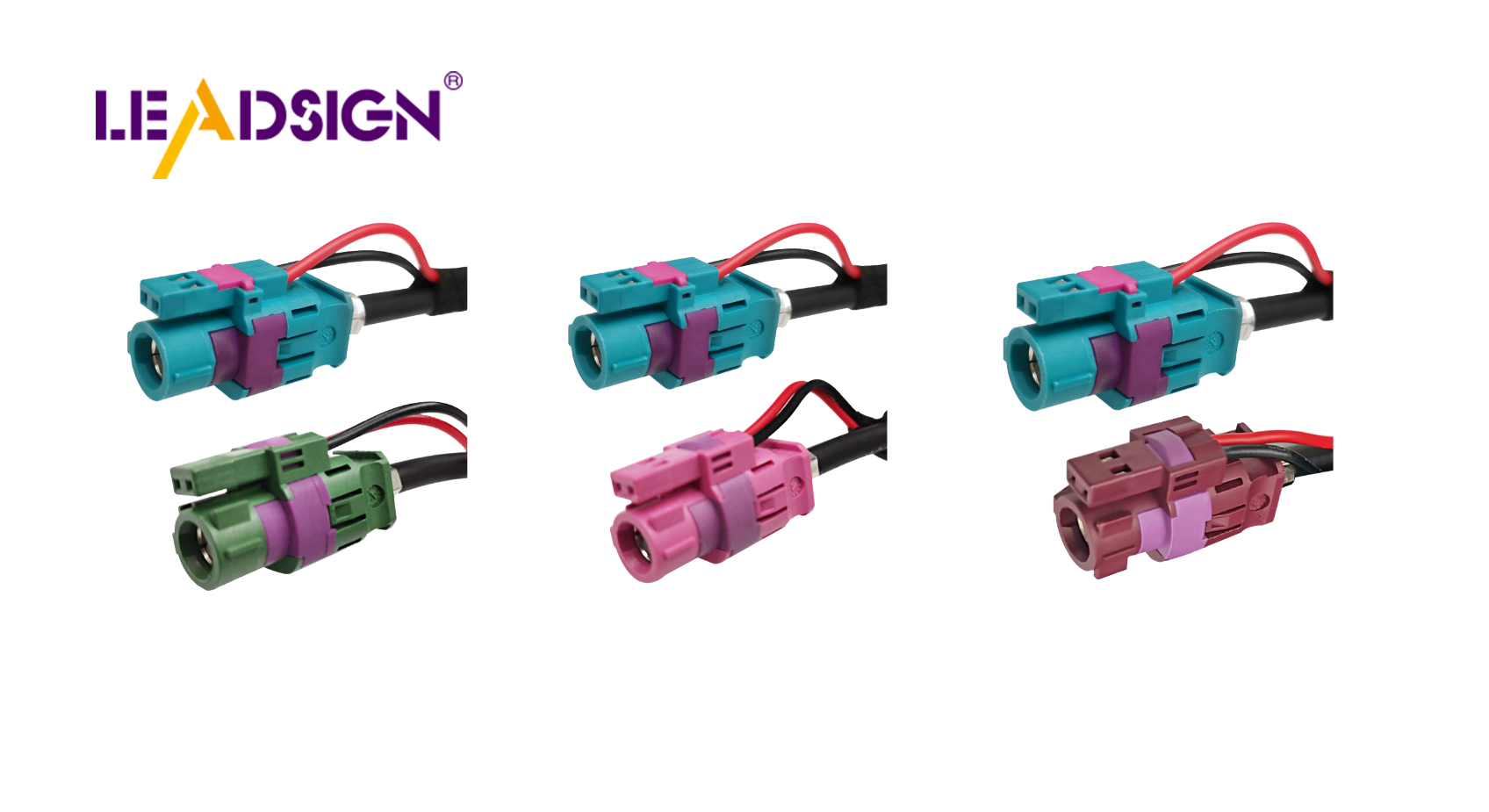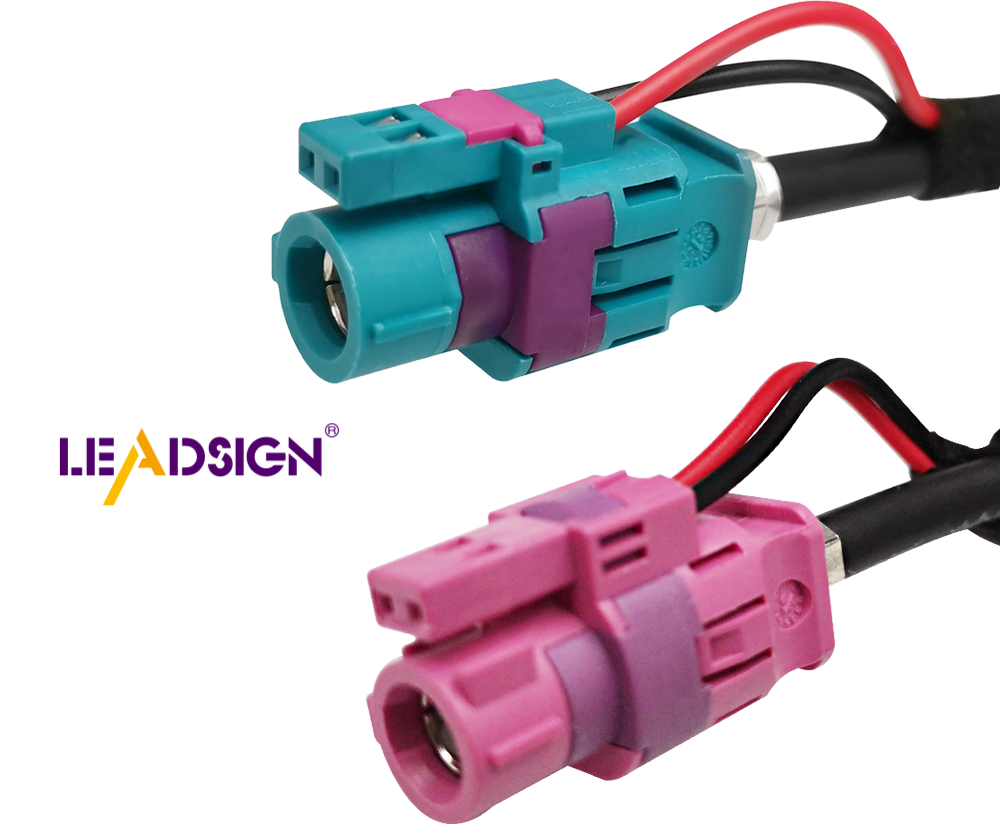EV vs Traditional Vehicle Cable: Insights from Custom Wire Makers

You might see more electric cars on the road now. In 2023, almost 14 million new electric cars were registered worldwide. Electric cars are becoming important in our lives. Have you thought about how they work? One key part is the vehicle cable. Electric cars use special cables. These vehicle cables handle high voltages. They help the car work well. Knowing these differences helps with car care and upgrades. Let's explore EV cables and learn what makes them different.
Key Takeaways
Understand the key differences between EV and traditional vehicle cables, focusing on power needs and insulation requirements.
Regular maintenance of battery cables, such as checking for rust and wear, is crucial for ensuring vehicle performance and longevity.
Choose the right charging cable for your electric vehicle by considering charging speed and compatibility with various stations.
Custom wire makers offer tailored solutions that enhance performance, ensuring cables meet specific vehicle needs without unnecessary costs.
Innovations in cable design, such as lightweight and durable materials, can improve the efficiency and environmental impact of electric vehicles.
Regularly inspect and care for your vehicle's cables to prevent issues and extend their lifespan, ensuring safe and reliable operation.
Traditional Car Battery Cables
Think about regular cars. The traditional car battery is very important. These batteries need special cables to work well. Let's look at the types and uses of these cables.
Types of Traditional Car Battery Cables
Knowing the battery cables in regular cars helps you see their importance.
Lead-Acid Battery Cables
Lead-acid batteries are common in regular cars. They use cables for lower voltage needs. These cables are thick to handle electricity well. You find them in cars that don't need much power.
Copper Core Cables
Copper core cables are also popular. They come in two types: PVC and cross-linked. Copper Battery Cable with PVC can handle 80° Celsius. Cross-linked ones handle more heat and resist wear better. They are good for tough places. You see them in cars with little space because they bend easily but work well.
Uses and Applications
Battery cables in regular cars do important jobs. They help your car start and run well.
Starting and Charging Systems
These cables help start and charge the car. They connect the battery to the starter motor to start the car. They also connect the battery to the alternator to charge it when the engine runs. Without these cables, the car won't start or keep power.
Maintenance Considerations
Taking care of your car cables is important for long life and good work. Check for rust and wear often to avoid problems. Regular car battery cables, especially copper ones, are strong but need care. Rust-proof features help them last in tough car conditions like shaking and heat changes.
EV Battery Cables

Electric cars need special cables to work well and safely. These cables move power between the battery, motor, and other parts. Let's learn about EV cables and what makes them special.
High-Voltage Cables
High-voltage cables are very important in electric cars. They handle big power loads for the car to work best.
Insulation and Safety Features
Insulation is very important. It stops electrical dangers. High-voltage cables need strong insulation to stay safe. This keeps the cables safe with high power. Makers use new materials for better insulation and safety. This way, you can drive your electric car safely.
Conductivity and Efficiency
Conductivity is also important for high-voltage cables. They must move electricity well for the car to run smoothly. Using materials with good conductivity helps the car battery work better. This means your car gets the power it needs and stays efficient.
Charging Cables
Charging cables keep your electric car powered. They link your car to charging stations to fill the battery.
Types of Charging Cables
There are different charging cables for electric cars. Some are for fast charging, others for regular charging. Knowing the types helps you pick the right one. At home or out, the right cable keeps your car ready to go.
Compatibility and Standards
Compatibility is key for charging cables. Your cable should work with many charging stations. Standards help ensure cables fit different brands and models. This makes charging easy wherever you are.
Insights from Custom Wire Makers
Custom wire makers are important for making vehicle cables. They use new ideas and skills to make sure cables work well for both regular and electric cars. Let's see what these experts have to say.
Material Innovations
Wire makers always look for better materials for cables. They focus on two main things:
Lightweight Materials
Lightweight materials are important because they make electric cars lighter. This helps the car go further and use less energy. By using new materials, wire makers make cables that are light but still work well. This means your electric car can drive longer on one charge, making trips more fun.
Enhanced Durability
Durability is also very important. Cables in electric cars need to last a long time. Wire makers choose materials that don't wear out easily. This means your cables will last longer, so you won't need to replace them often. This saves you time and money.
Customization for Performance
Customization is what wire makers do best. They make cables that fit exactly what you need.
Tailored Solutions for Specific Needs
Every car needs different cables. Wire makers work with you to make cables that are just right. Whether you need a certain length or type, they can help. This way, your car cable works perfectly without extra costs.
Expert Testimony: Custom Cable Manufacturer Experts say, "Our skills make sure you get the best cable for your needs. We help from start to finish."
Future Trends in Cable Design
Wire makers are thinking about the future of cables. They want to make cables that are better and kinder to the earth. As technology grows, expect cables that work well and help the planet. This means your car will be ready for the future.
Expert Testimony: Molex Custom Cable Creator says, "With so many choices, you can design your own cable easily. This makes managing cables simple.
Knowing the differences between EV and regular car cables is important. EV cables carry more power and need strong insulation and good conductivity for safety. Regular cables, like lead-acid and copper ones, are for less power and need care.
Custom wire makers share ideas about new materials and custom designs. They use light materials and make cables last longer. Custom cables made just for you work well and last long.
When picking cables, think about your car's power needs and conditions. Buying good cables, for electric or regular cars, keeps them safe and working well. Check and care for your cables often to avoid problems and make them last.
FAQ
What are the main differences between EV and traditional vehicle cables?
EV cables carry more power, about 400 volts or more. Regular car cables use only 12 volts. EV cables are made for high power needs. They use materials that handle heat and electricity better.
Why do EV cables need special insulation?
EV cables need strong covers to stop electrical problems. This keeps the power inside the cables safe. Makers use new materials for better safety. This lets you drive your electric car safely.
How do I choose the right charging cable for my electric vehicle?
Think about if you need fast or regular charging. Make sure the cable works with many charging stations. This makes charging easy anywhere, keeping your car ready.
What makes copper core cables popular in traditional vehicles?
Copper cables are good because they carry electricity well. They bend easily and come in two types. One type handles heat better and lasts longer. They fit in small spaces in regular cars.
How can I maintain my vehicle's battery cables?
Check for rust and wear often to keep them working. Copper cables are strong but need care to stop rust. Rust-proof parts help them last in tough conditions like shaking and heat.
What innovations are custom wire makers bringing to vehicle cables?
Wire makers use light materials to make cars lighter. This helps cars go further and use less energy. Strong materials make cables last longer, saving money on new ones.
Can custom cables be tailored for specific vehicle needs?
Yes, wire makers can make cables just for you. They fit your needs perfectly. This means your car works well without extra costs.
What future trends can we expect in cable design?
Look for cables that are better for the earth. New designs will make them work better. As tech grows, cables will be more efficient and green.
How do high-voltage cables improve EV efficiency?
High-voltage cables move power well from the battery to the motor. This helps the car run better and go further.
Why is it important to understand the differences between EV and traditional vehicle cables?
Knowing these differences helps you take care of your car. It helps you pick the right cables, keeping your car safe and working well.
See Also
Maximizing Automotive Data Flow With Superior Connectors And Cables
Boosting Data Transfer: Why High-Speed Automotive Connectors Matter
Transforming Automotive Connections: Benefits Of HFM Connectors
Uncovering The Advantages Of Fakra Connectors In Vehicles
Why Fakra Connectors Are Essential For Automotive Applications

